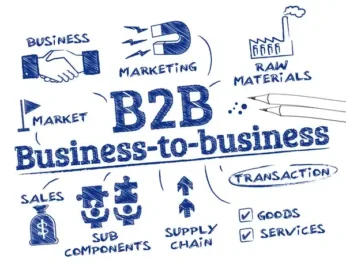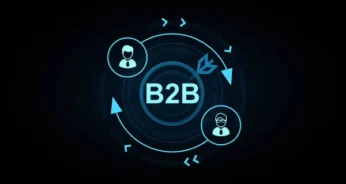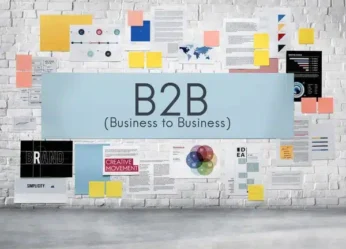As published by Search Engine Land in “Why Performance Max Looks Different for B2B in 2026,” Google’s Performance Max is evolving to better align with the longer sales cycles and complex decision-making typical in B2B marketing. Changes emphasize improved lead quality, audience signals, and measurement approaches beyond direct conversions.
For B2B marketers, these updates highlight the importance of aligning campaigns with account-based strategies, first-party data, and clearer conversion definitions. Understanding how Performance Max is adapting helps businesses refine paid media strategies for future B2B growth.
Click here to learn more about Total Web Partners’ digital marketing solutions or here to read the full article.
Article with all rights reserved, courtesy of Search Engine Land — https://searchengineland.com









